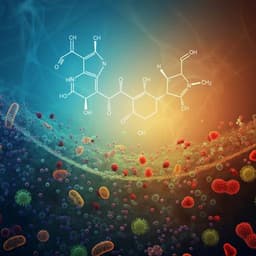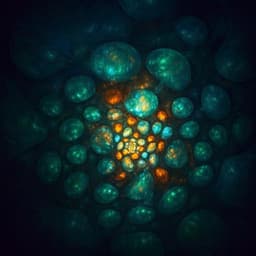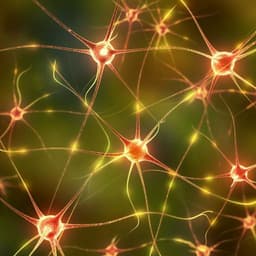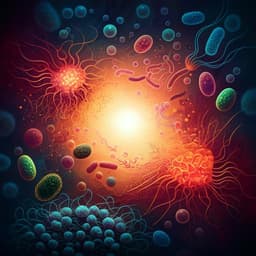
Medicine and Health
Gut microbiota changes require vagus nerve integrity to promote depressive-like behaviors in mice
E. Siopi, M. Galerne, et al.
This exciting study by Eleni Siopi and colleagues uncovers how the vagus nerve mediates stress-induced changes in the gut microbiome, influencing brain plasticity and behaviors associated with depression in mice. Their findings reveal that the vagus nerve's role is crucial in these processes, highlighting the gut-brain connection's impact on mental health.
Related Publications
Explore these studies to deepen your understanding of the subject.







